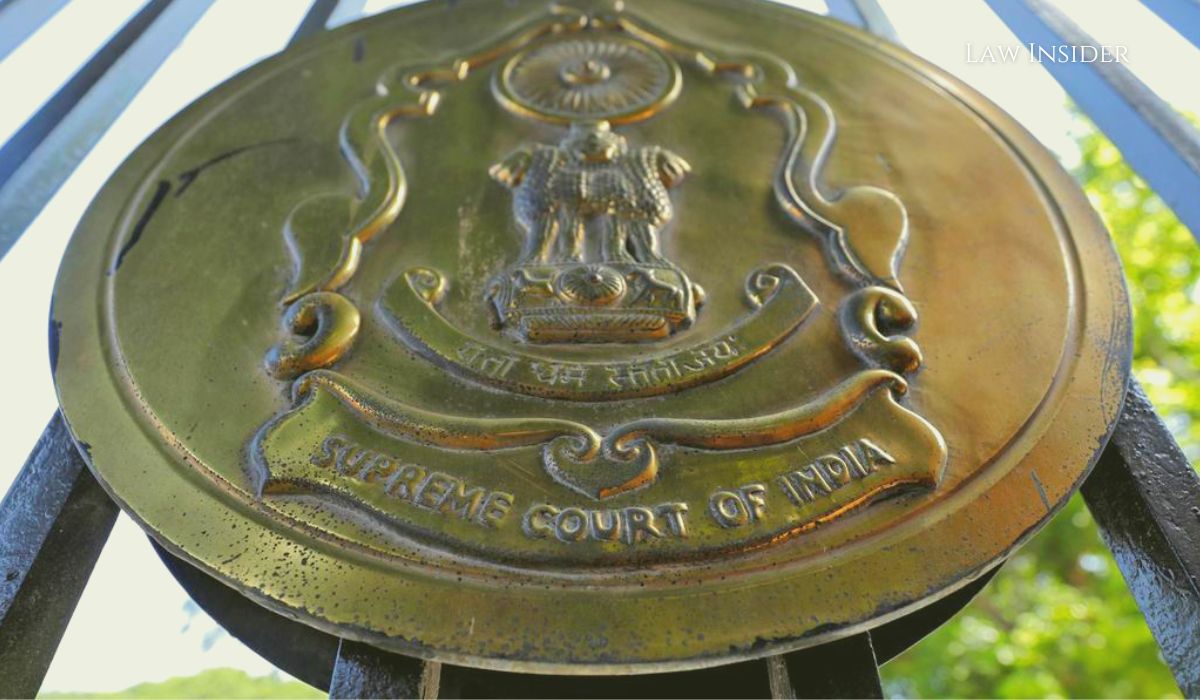Tanisha Rana
Published on: October 13, 2022 at 17:25 IST
The Supreme Court stated on Wednesday that it is aware of the “Lakshman Rekha” on judicial review of the government’s policy decisions, but that it will need to look at the 2016 decision to devalue currency in order to determine whether the matter has merely become a “academic” exercise.
A five-judge bench led by Justice S. A. Nazeer ordered the Centre and the Reserve Bank of India to file an extensive affidavit on the petitions contesting the demonetization of the Rs. 500 and Rs. 1,000 rupee notes, noting that it is the duty of a constitution bench to respond when a question is brought before it.
Attorney General R. Venkataramani argued that the issue will essentially stay academic unless the Act on Demonetisation is contested in a suitable context.
The High Denomination Bank Notes (Demonetization) Act was passed in 1978 to make it possible for certain high denomination bank notes to be demonetised in the public interest in order to stop the illicit money transfers that these currency notes promote.
The apex court stated that when both sides are in disagreement, it is necessary to investigate the situation before determining whether the exercise is academic or has turned into an infructuous one.
“In order to answer that issue, we will have to hear and give an answer whether it’s academic, not academic or beyond the scope of judicial review. The point in the case is the government policy and its wisdom which is one aspect of the matter.”
“We always know where the Lakshman Rekha is, but the manner in which it was done has to be examined. We have to hear the counsel to decide that,” the Bench, also comprising Justices B. R. Gavai, A. S. Bopanna, V. Ramasubramanian, and B. V. Nagarathna said.
The Centre’s Solicitor General Tushar Mehta stated that the court’s time should not be “wasted” on academic matters.
Senior attorney Shyam Divan, who is defending petitioner Vivek Narayan Sharma, objected to Mr. Mehta’s argument and expressed surprise at the phrase “waste of constitutional bench’s time” because the prior judgment had stated that these petitions needed to be brought before a constitution bench.
The issue has not become academic and needs to be determined by the apex court, according to senior counsel P. Chidambaram, who is representing one of the parties. According to him, a separate act of Parliament is needed for this form of demonetisation.
The matter will now be heard on November 9, 2022, according to the apex court.
On December 16, 2016, a bench under the leadership of the then-Chief Justice T. S. Thakur submitted the issue of the decision’s legitimacy as well as other connected issues to a bigger bench of five justices for a conclusive ruling.
In the reference order, it posed a number of questions for the five-judge bench to decide, including whether the notification dated November 8, 2016 violates the Reserve Bank of India Act, 1934, and whether it does so in violation of Article 300 (A) of the Constitution.
The three-judge panel then addressed whether the 2016 notification violates Articles 14 and 19 of the Constitution presuming it was lawfully made under the Reserve Bank of India Act, 1934.
No one may be deprived of their property without the authority of law, according to Article 300(A).
“Whether the limit on withdrawal of cash from the funds deposited in bank accounts has no basis in law and violates Articles 14,19 and 21,” the Bench had said while referring to one of the issues.
The right to equality before the law is guaranteed by Article 14, while the freedom of speech and expression is protected by Article 19, and the protection of life and personal freedom is guaranteed by Article 21.
It had said if the application of the contested notification(s) suffers from procedural and/or substantive unreasonableness and, as a result, violates Articles 14 and 19, as well as what impact that violation has.
With regard to the “general public importance” and the “far-reaching implications” that the answers to the various other questions the apex court had posed, the court stated, “we consider it proper to direct that the matters be placed before the larger bench of five judges for an authoritative pronouncement.”

